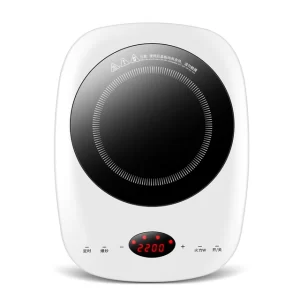What kitchen appliances are eco-friendly?
Introduction:
In today’s world, being eco-friendly and sustainable is more important than ever. When it comes to kitchen appliances, choosing eco-friendly options can have a significant impact on reducing energy consumption, minimizing waste, and promoting a greener lifestyle. There is a growing market for eco-friendly kitchen appliances that prioritize energy efficiency, use sustainable materials, and incorporate innovative technologies. In this article, we will explore some of the eco-friendly kitchen appliances available, including energy-efficient refrigerators, low-water-usage dishwashers, induction cooktops, solar-powered appliances, and composting systems. By understanding the eco-friendly features and benefits of these appliances, you can make informed choices to create a more sustainable kitchen.
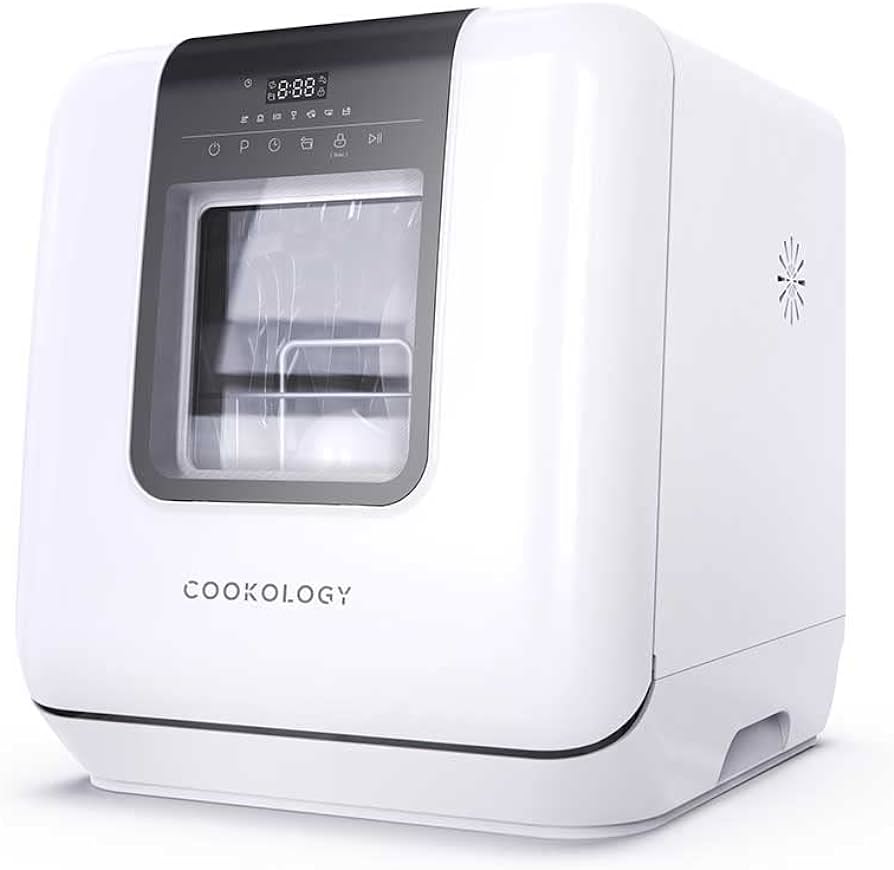
What kitchen appliances are eco-friendly?
Energy-Efficient Refrigerators:
a. Energy Star Certified: Look for refrigerators that are Energy Star certified. These appliances meet strict energy efficiency guidelines set by the Environmental Protection Agency (EPA). Energy Star refrigerators use significantly less energy than standard models, reducing greenhouse gas emissions and utility costs.
b. Advanced Insulation: Choose refrigerators with advanced insulation technology to improve energy efficiency. Enhanced insulation helps maintain stable temperatures, reducing the workload on the compressor and minimizing energy consumption.
c. LED Lighting: Opt for refrigerators with LED lighting instead of traditional incandescent bulbs. LED lights are more energy-efficient, have a longer lifespan, and produce less heat, contributing to overall energy savings.
Low-Water-Usage Dishwashers:
a. Water-Efficient Models: Look for dishwashers with water-efficiency features. These appliances use less water per cycle without compromising cleaning performance. They may have sensor technology that optimizes water usage based on load size and soil levels.
b. Energy Star Certification: Choose dishwashers that are Energy Star certified. Energy Star models not only reduce water usage but also consume less energy, making them more environmentally friendly overall.
c. Efficient Spray Arms: Dishwashers with well-designed spray arms ensure efficient water distribution, effectively cleaning dishes while using less water. Look for models with adjustable or rotating spray arms to target specific areas and optimize water usage.
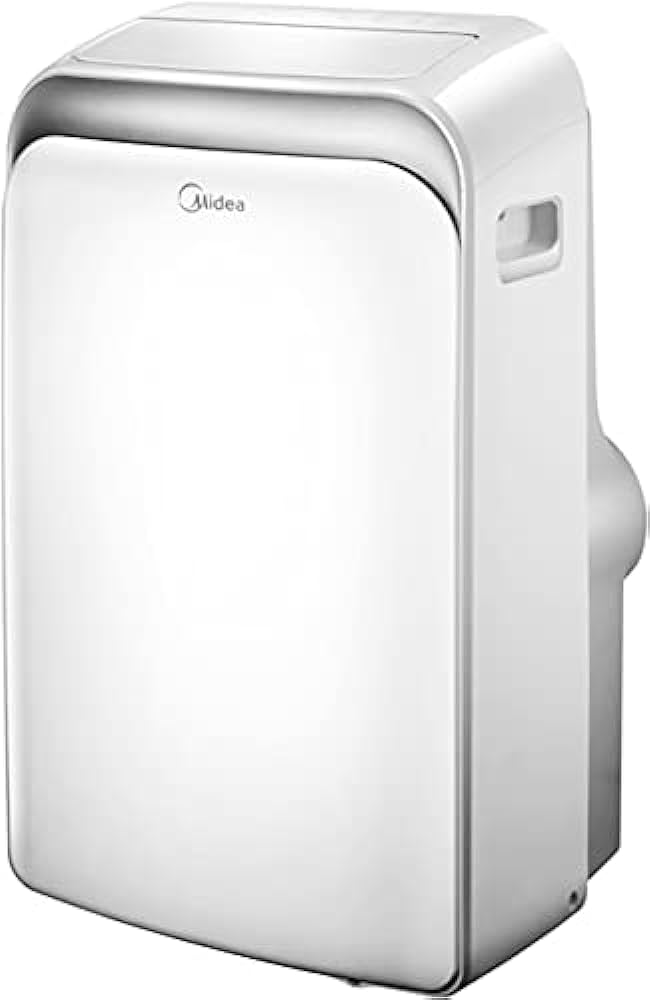
Induction Cooktops:
a. Energy Efficiency: Induction cooktops are known for their energy efficiency. Instead of heating the entire cooking surface, they generate heat directly in the cookware, reducing wasted energy. Induction cooking is faster and more precise, further enhancing efficiency.
b. Instant Heat Control: Induction cooktops offer instant heat control and response, allowing for precise and efficient cooking. They heat up quickly and cool down rapidly when the heat is turned off, reducing energy waste.
c. Safety Features: Induction cooktops have safety features such as automatic shut-off and pan detection. These features help prevent accidents and ensure that energy is not wasted when no cookware is present.
Solar-Powered Appliances:
a. Solar-Ready Appliances: Look for appliances that are compatible with solar power systems. Solar-ready appliances can be easily connected to solar panels, utilizing clean and renewable energy to operate.
b. Solar-Powered Refrigerators: Solar-powered refrigerators are designed to run efficiently on solar energy. These appliances use DC power directly from solar panels, reducing or eliminating reliance on grid electricity.
c. Solar-Powered Water Heaters: Solar-powered water heaters use solar energy to heat water, reducing the need for traditional water heating methods. They are energy-efficient and can significantly reduce energy consumption.
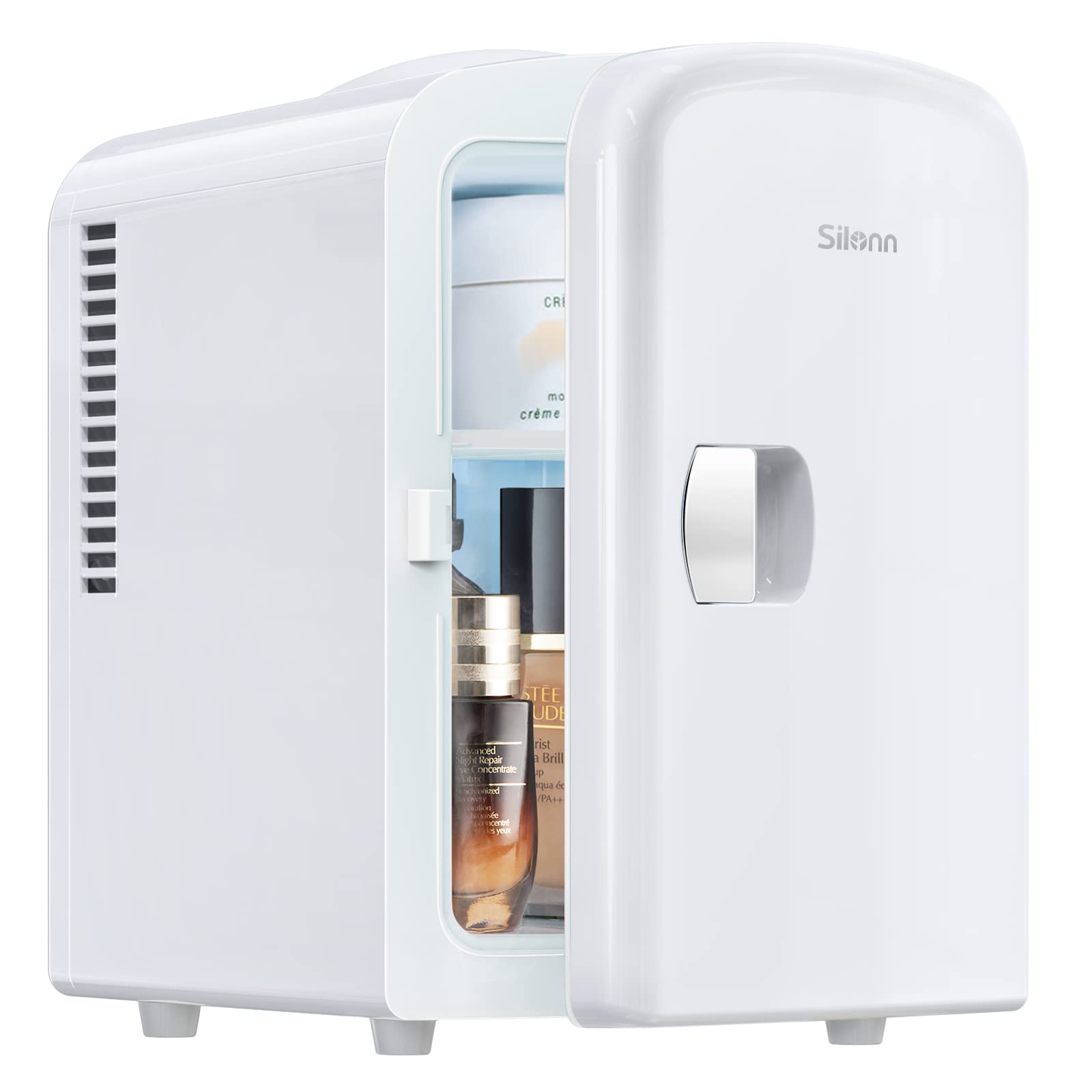
Composting Systems:
a. Food Waste Disposers: Consider installing a food waste disposer in your sink. Food waste disposers grind food scraps into tiny particles, allowing them to be safely processed through wastewater treatment systems. This reduces the amount of organic waste sent to landfills.
b. Compost Bins: Compost bins are an eco-friendly option for disposing of food waste. They facilitate the natural decomposition of organic matter, producing nutrient-rich compost that can be used in gardens or for fertilizing plants.
c. Smart Composting Systems: Smart composting systems use technology to accelerate the composting process. These systems regulate temperature, moisture levels, and aeration, making composting more efficient and reducing the time required for decomposition.
Energy-Efficient Small Appliances:
a. Energy-Efficient Coffee Makers: Look for coffee makers with energy-saving features, such as automatic shut-off or energy-efficient brewing options. These appliances reduce energy consumption during the brewing process and when not in use.
b. Energy-Efficient Toasters: Energy-efficient toasters are designed to use less energy while still providing efficient toasting performance. Look for toasters with adjustable settings and quick heating capabilities to minimize energy waste.
c. Energy-Efficient Slow Cookers: Energy-efficient slow cookers are designed to use less electricity while still providing the same slow cooking benefits. Look for models with programmable timers, temperature controls, and insulated lids to maximize energy efficiency.
Water-Efficient Appliances:
a. Water-Efficient Washing Machines: Choose washing machines with water-efficient features, such as load-sensing technology or adjustable water levels. These appliances optimize water usage based on the size of the load, reducing water waste.
b. Water-Efficient Faucets: Install water-efficient faucets that use aerators or flow restrictors to reduce water flow while maintaining adequate water pressure. These faucets help conserve water without compromising functionality.
c. Water-Efficient Ice Makers: Water-efficient ice makers use less water to produce ice cubes. Look for models with efficient ice-making processes and adjustable ice cube size options to minimize water usage.
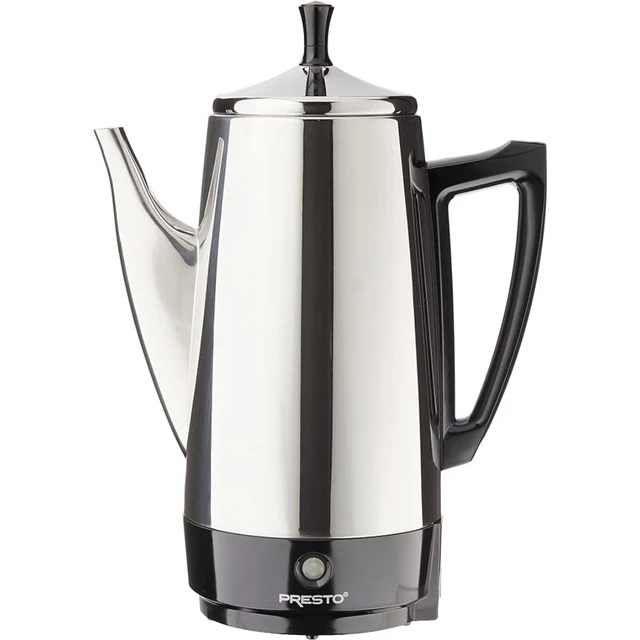
Energy Monitoring Appliances:
a. Smart Energy Monitoring Systems: Smart energy monitoring systems allow you to track and analyze energy usage in your kitchen appliances. These systems provide real-time data and insights, helping you make informed decisions to reduce energy consumption.
b. Smart Power Strips: Smart power strips monitor energy consumption and provide control over the power supply to multiple appliances. They can automatically turn off power to appliances when not in use or during predetermined periods, reducing standby power usage.
c. Energy-Efficient Light Bulbs: While not appliances themselves, using energy-efficient light bulbs in your kitchen can contribute to overall energy savings. LED or CFL bulbs use significantly less energy and last longer than traditional incandescent bulbs.
Sustainable Materials and Manufacturing:
a. Appliances Made from Recycled Materials: Look for appliances that use recycled or sustainable materials in their construction. These appliances help reduce the demand for new materials and promote a circular economy.
b. Appliances with Energy-Efficient Manufacturing Processes: Consider appliances manufactured using energy-efficient processes. These appliances have lower carbon footprints due to reduced energy consumption during manufacturing.
c. Energy-Efficient Packaging: Some appliance manufacturers focus on using eco-friendly packaging materials and reducing packaging waste. Look for appliances with minimal and recyclable packaging to minimize environmental impact.
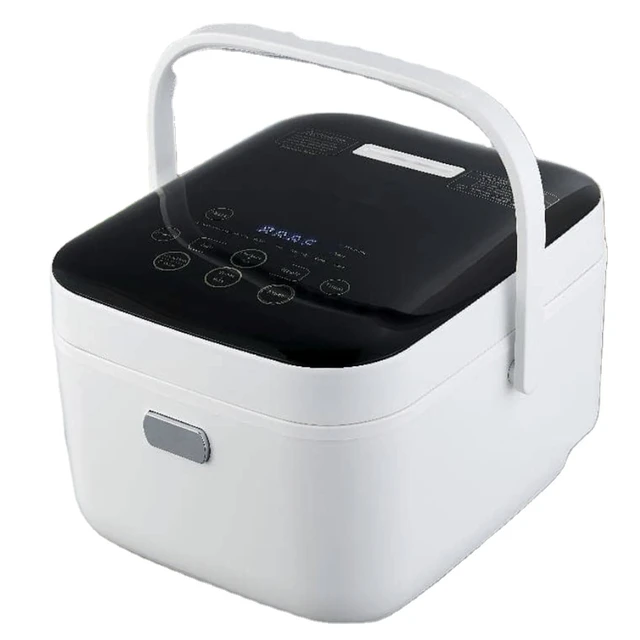
Conclusion:
Choosing eco-friendly kitchen appliances is an essential step towards creating a sustainable and environmentally conscious home. Energy-efficient refrigerators, low-water-usage dishwashers, induction cooktops, solar-powered appliances, and composting systems are some of the eco-friendly options available. These appliances prioritize energy efficiency, water conservation, and the use of renewable energy sources. By selecting these appliances, you can reduce energy consumption, minimize water waste, and contribute to a greener lifestyle. Remember to look for Energy Star certification, advanced insulation, LED lighting, and water-efficient features in refrigerators and dishwashers. Consider induction cooktops for precise and energy-efficient cooking. Explore the possibility of solar-powered appliances for clean and renewable energy. Lastly, consider implementing food waste disposers or composting systems to reduce organic waste and create nutrient-rich compost. By making eco-friendly choices in your kitchen, you can make a positive impact on the environment and create a sustainable living space.

